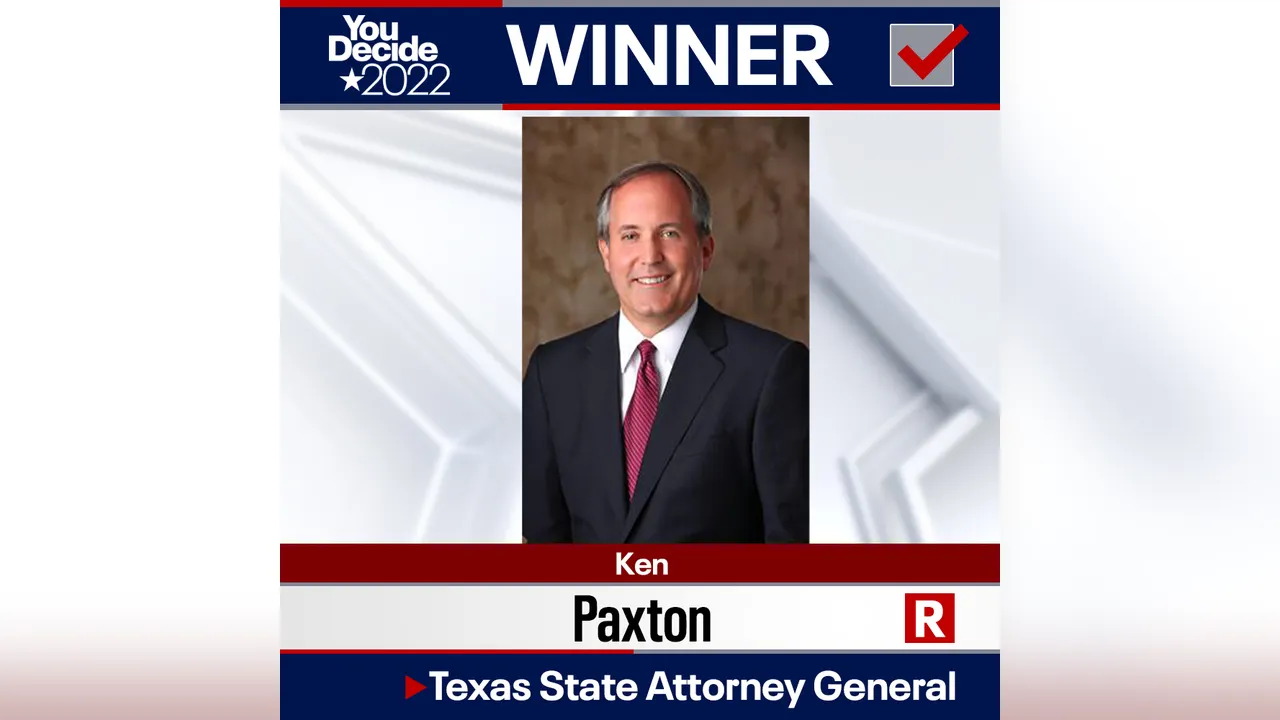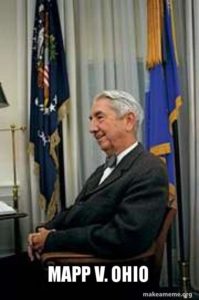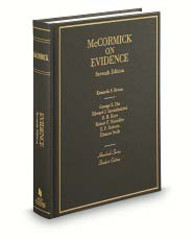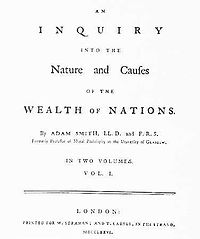 In the unlikely-named case of 8fig, Inc. v. Stepup Funny, LLC, the Fifth Circuit reaffirmed the presumption in favor of public access to judicial records, emphasizing that “sealing judicial records is … heavily disfavored.” While courts may seal records on a case-by-case, document-by-document, line-by-line basis, the burden rests on the party seeking to keep records sealed to demonstrate specific interests that outweigh the public’s right to access. Here, the parties’ general assertions of privacy and confidentiality, as well as the existence of a settlement agreement, were insufficient to overcome the presumption of openness.
In the unlikely-named case of 8fig, Inc. v. Stepup Funny, LLC, the Fifth Circuit reaffirmed the presumption in favor of public access to judicial records, emphasizing that “sealing judicial records is … heavily disfavored.” While courts may seal records on a case-by-case, document-by-document, line-by-line basis, the burden rests on the party seeking to keep records sealed to demonstrate specific interests that outweigh the public’s right to access. Here, the parties’ general assertions of privacy and confidentiality, as well as the existence of a settlement agreement, were insufficient to overcome the presumption of openness.
The Court noted that even if confidentiality was a factor in reaching settlement, this would only weigh in favor of sealing the settlement terms themselves, not the entire judicial record. Importantly, the Court reminded that “record may not be sealed ‘merely because it could lead to a litigant’s embarrassment.'” No. 23-50890 (Apr. 18, 2025).



































